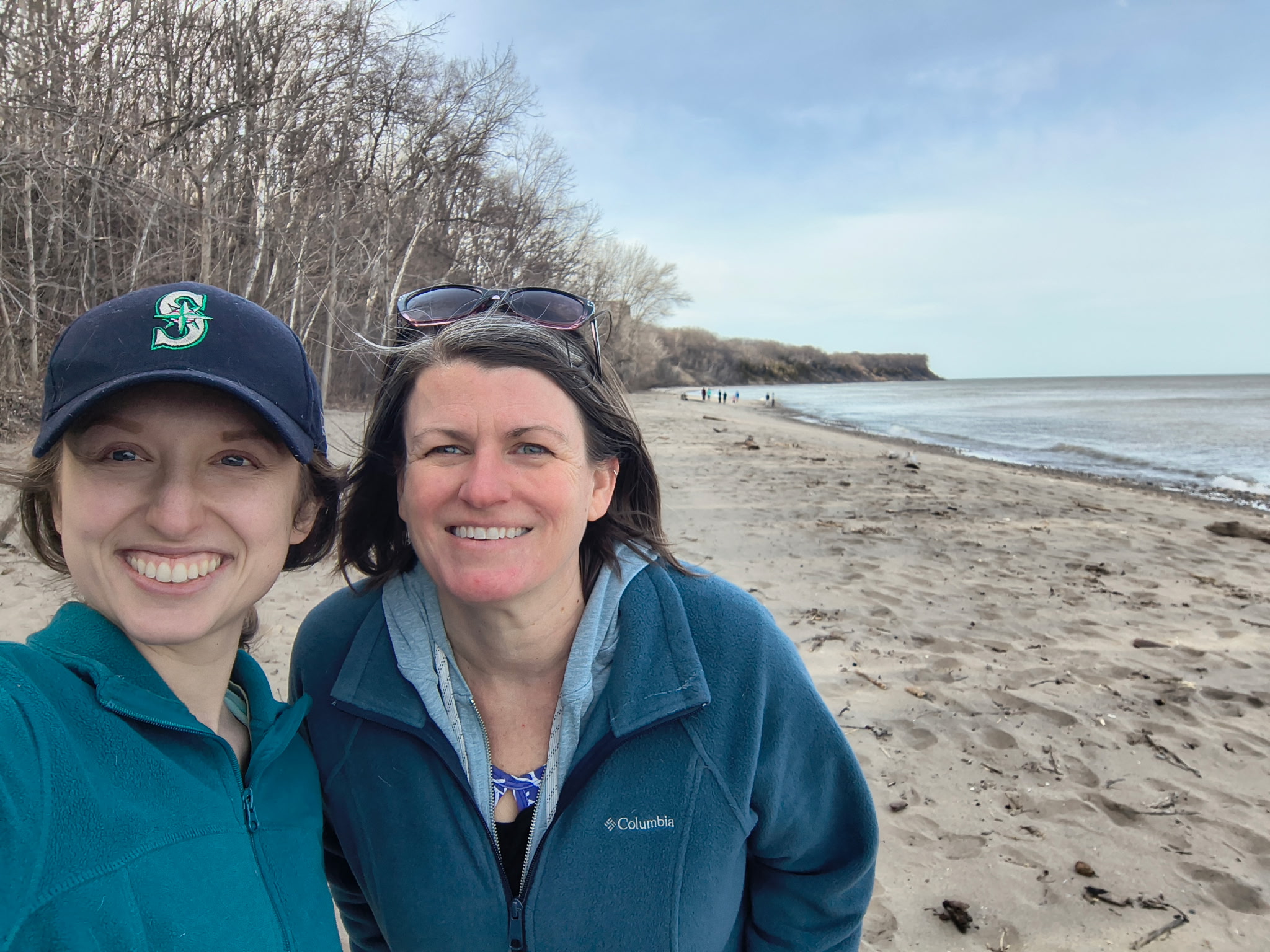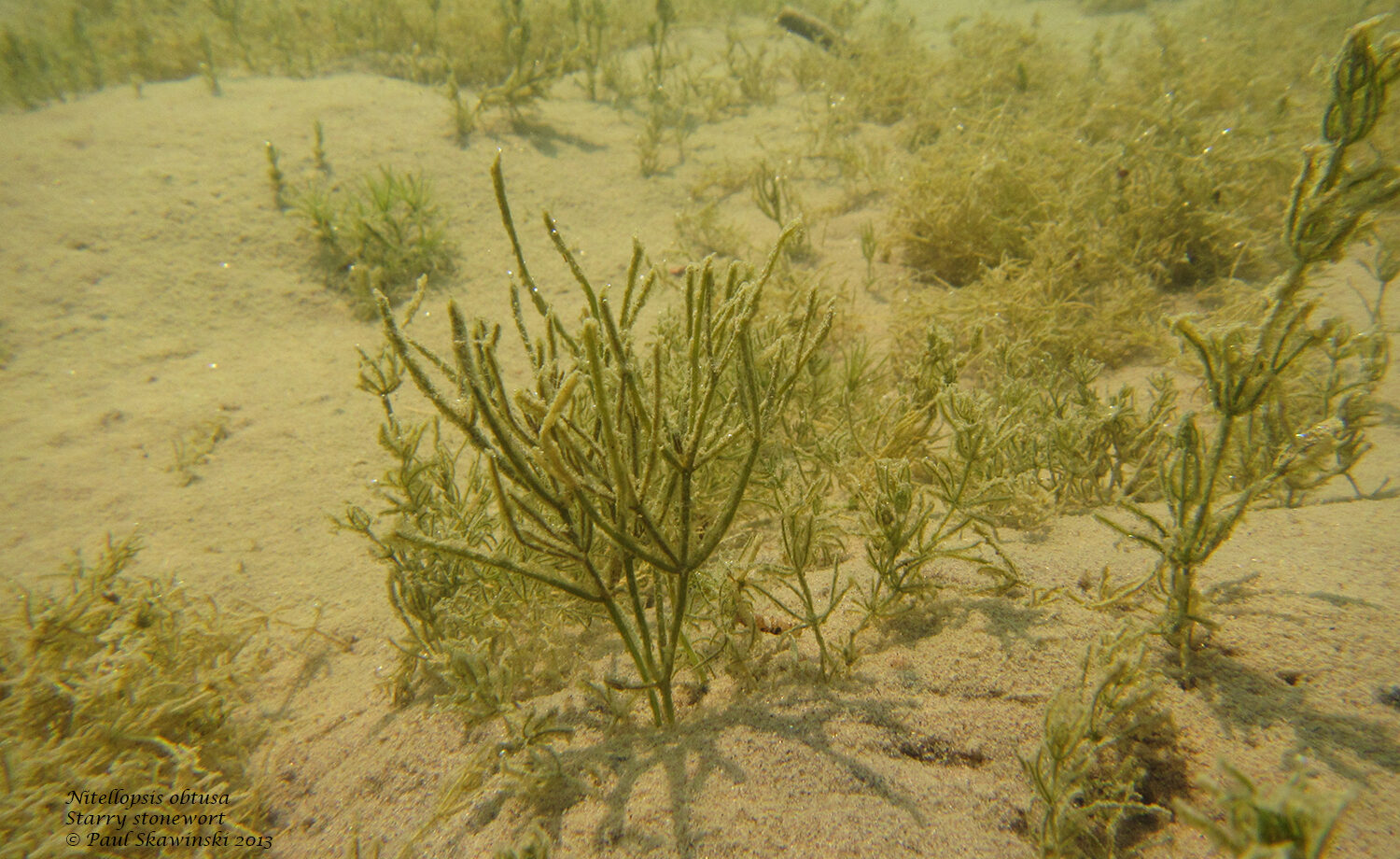You could say Bridget Faust’s career path has been shaped by two main drivers: government and the great outdoors.
“I grew up in a really politically active family, and I was a curious kid always interested in the natural environment,” said Faust.
Growing up in St. Paul, Minn., Faust enjoyed spending time at her family’s cabin in northern Wisconsin, where she pursued activities like fishing and hiking. Her other formative experiences are tied to her mother, a former nurse who has served in Minnesota’s state legislature since 2007, including time as House majority leader. Since Faust was in grade school, she has volunteered on campaigns and seen the inner workings of government.
Now, fresh on the heels of earning a master’s degree in water resources management at the University of Wisconsin-Madison in December 2017, Faust has begun a 15-month fellowship in coastal management and water policy in Washington, D.C.
Faust’s fellowship is supported by Wisconsin Sea Grant and the National Sea Grant Office, part of the National Oceanic and Atmospheric Administration (NOAA). She is serving in a joint position between NOAA’s Office of Coastal Management and the Coastal States Organization (CSO), a nonprofit.
She will focus on issues related to the National Coastal Zone Management Program. The program works with coastal and Great Lakes states and territories to address some of today’s most pressing coastal issues, including climate change, ocean planning, and planning for energy facilities and development.
“Specifically, I’m going to be looking at the coastal nonpoint pollution control program. For CSO, I’ll be helping to run a work group that is focused on getting state and territory coastal management programs that are not approved closer to becoming approved. I’ll also be working with NOAA staff to complete some technical reviews of state coastal nonpoint pollution control programs.”
Faust is also excited about the potential to work on a return-on-investment study at NOAA related to the Coastal Zone Management Program. “That would be an important tool for coastal resource managers on the ground, as well as for the Coastal States Organization and NOAA, to be able to talk about the work that the program does and the value that it brings to the country,” she said.
Faust’s connections with Wisconsin Sea Grant began during her time working for the Association of State Floodplain Managers, a Madison-based nonprofit. While there, she got to know Sea Grant’s assistant director for extension, David Hart, through work on the Great Lakes Coastal ResiliencePlanning Guide.
Faust continued to work at the association while getting her master’s degree. “That was a great opportunity to get practical experience while I furthered my education at the University of Wisconsin,” she said.
Prior to her arrival in Madison, Faust earned a bachelor’s from the University of Minnesota in environmental science, policy and management. She had also done several political internships in both Minnesota and Washington, D.C. “All of those experiences just reassured me that I was in the right line of work.”
After completing her current fellowship, Faust will seek a permanent position in policy analysis and program evaluation for water policy and programs—a logical next step in a trajectory shaped by a love of the outdoors and a fascination with the political process.





